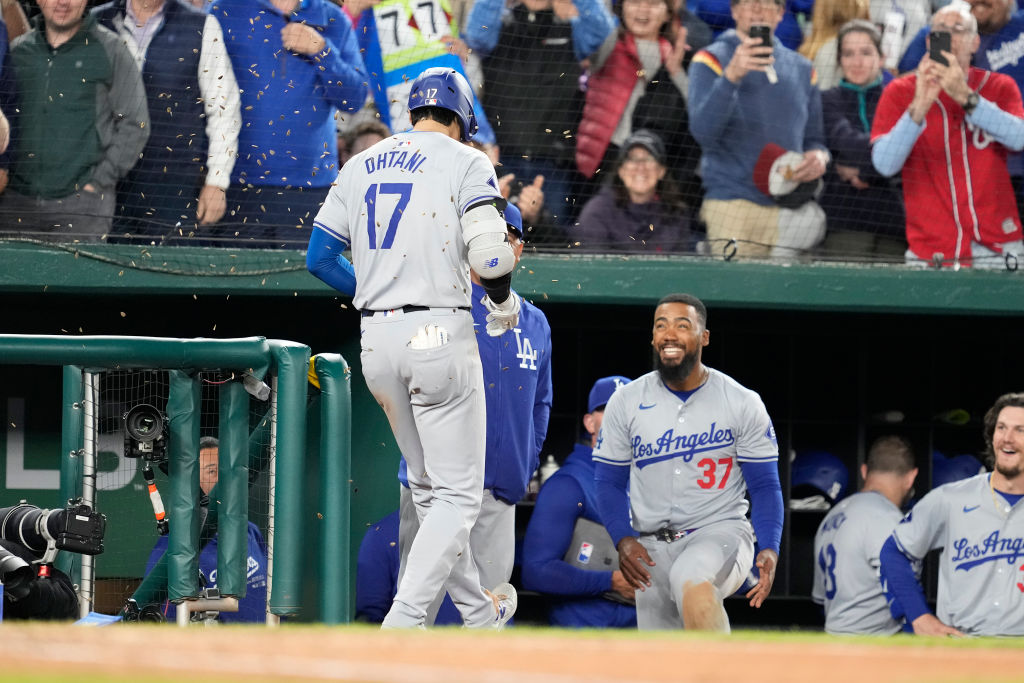Hold onto your steering wheel, since there's big news today: Traffic is really bad in Los Angeles.
OK, so it's no shock in a city mocked across the nation for its freeway culture and horrid delays.
But once again, the greater Los Angeles area comes in second in the nation -- alongside the San Francisco Bay Area and behind Washington, D.C. -- for traffic congestion.
As it does each year, the Texas Transportation Institute has released its annual congestion report, which ranks metropolitan regions by the amount of time wasted in traffic and the amount of extra time needed for drivers to get to their destinations, among other factors.
In the Los Angeles-Long Beach-Santa Ana area, the average commuter spent 61 hours delayed in traffic during 2011, the report states. The same figure was given for the San Francisco-Oakland area, according to the report.
That's 32 gallons of gas burned while stopped or crawling on the freeway, according to the report. The cost of that wasted time and gas is about $1,300 per commuter, the report states.
In Washington, commuters spent 67 hours waiting behind the wheel. New York ranks behind the LA and San Francisco areas, with 59 hours wasted in traffic.
The greater LA area also ranked second in the unreliability of its freeways, again behind Washington.
There was one bright spot: the LA-Orange County metro region ranked 10th in carbon pollution produced during traffic delays.
Another bright spot, at least according to Los Angeles transportation officials, is that steps are being taken to lessen the congestion.
Local
Get Los Angeles's latest local news on crime, entertainment, weather, schools, COVID, cost of living and more. Here's your go-to source for today's LA news.
"We are investing in public transit, building carpool lanes, toll lanes and synchronizing all the traffic lights in Los Angeles," said Jaime de la Vega, general manager at the Los Angeles Department of Transportation. "We're doing much better compared to the same study in 2005 (when) LA experienced 78 hours of delay per commuter, and we're down to 61 hours."
The 2012 Urban Mobility Report, issued Tuesday, shows rankings of the nation’s most congested cities that vary slightly from year to year, with many of the latest top 10 cities are repeat performers.
For the first time, the report calculated the amount of extra time needed to make it to "higher priority events," such as airline departures and doctor's appointments. The "Planning Time Index" also ranked the great LA metro area second, giving the region a value of 4.95.
The index means it takes nearly five times as long to get to, say, LAX, during high traffic times as it does during the middle of the night. So, if your drive to the airport normally takes 30 minutes in light traffic, plan for for nearly two and half hours to ensure on-time arrival during peak travel times.
"We all understand that trips take longer in rush hour, but for really important appointments, we have to allow increasingly more time to ensure an on-time arrival," said Bill Eisele, a TTI researcher and report co-author, in a press release. "As bad as traffic jams are, it’s even more frustrating that you can’t depend on traffic jams being consistent from day-to-day. This unreliable travel is costly for commuters and truck drivers moving goods."
Not only is time wasted on the road, the study points out, but there are definite environmental impacts as well. The amount of carbon dioxide emitted is a big problem, and fuel wasted in congested traffic reached 2.9 billion gallons – enough to fill the New Orleans Superdome four times.



